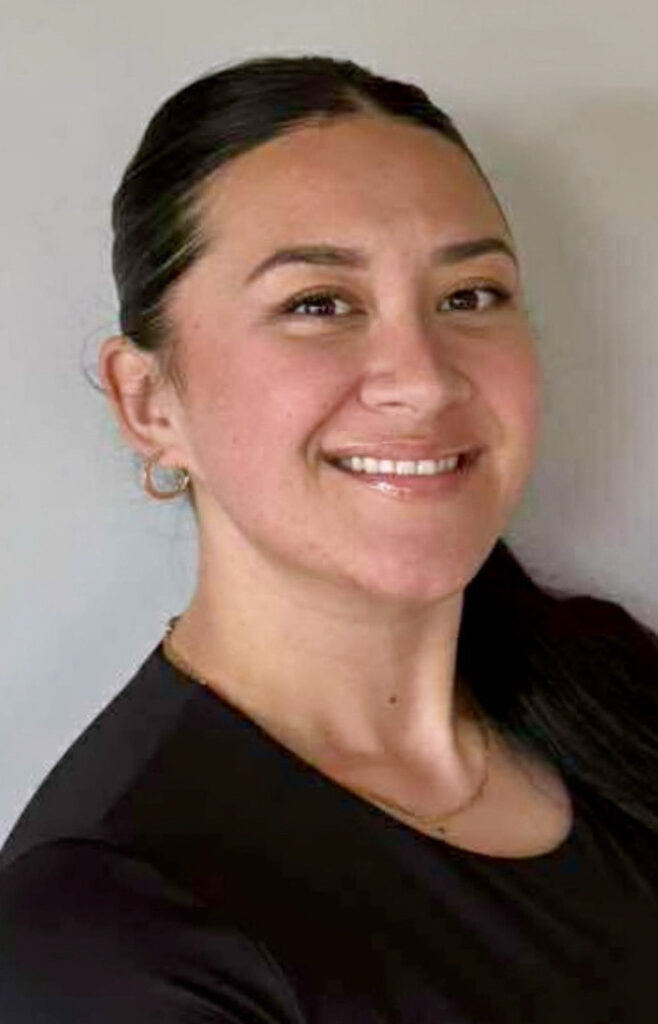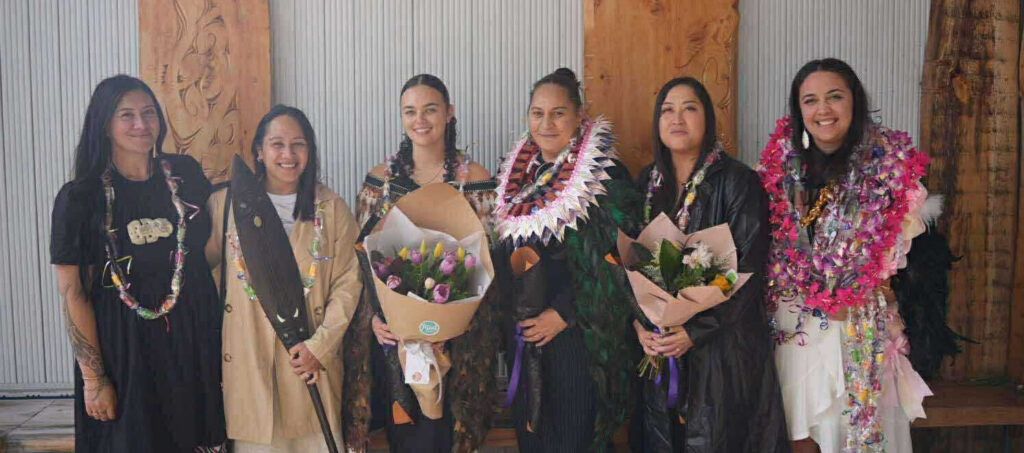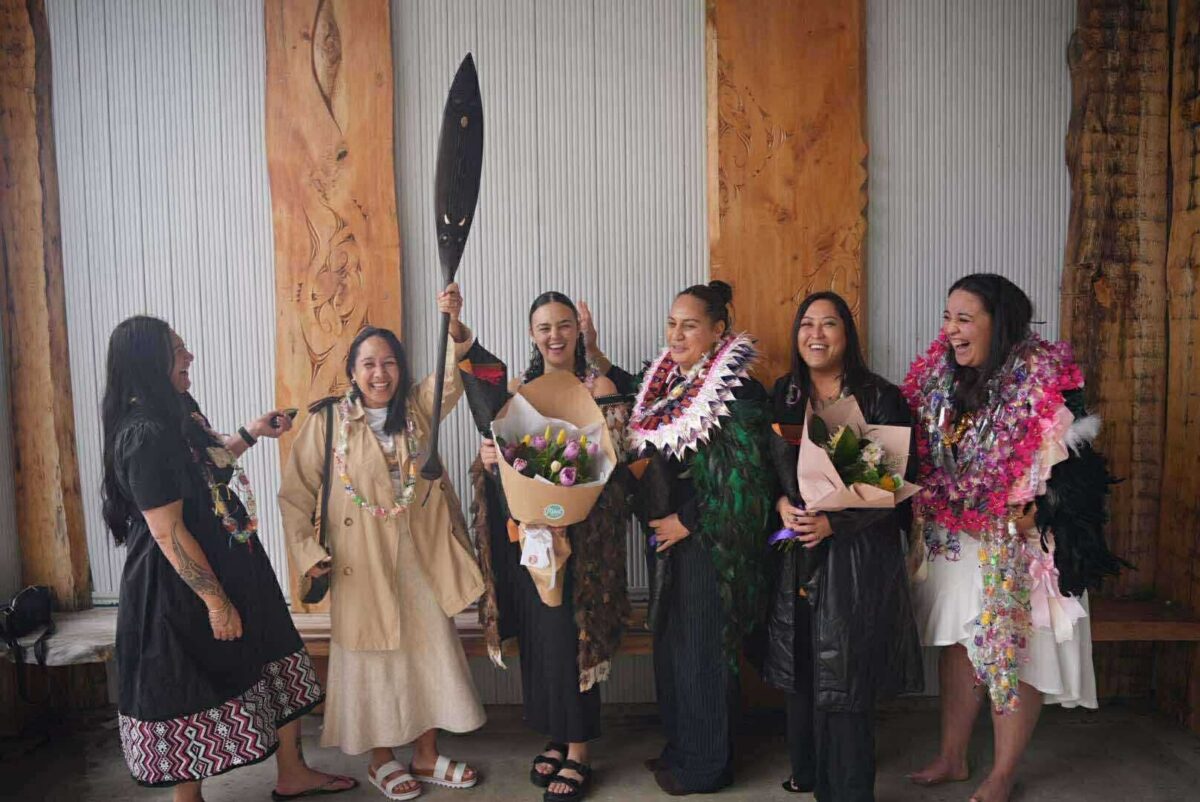Across Aotearoa, new graduate nurses are entering the toughest job market we’ve seen in years. The mid-year ACE intake highlighted this clearly, with less than 45 per cent of new grads being matched to a job. For many, it has meant uncertainty, stress and putting career plans on hold.

However, our experience in Te Tai Tokerau was different; out of our class of 30 graduating mid-year, every single one of us got jobs. In a climate where many new grads are feeling left behind, this outcome speaks volumes. It shows the power of local health agencies that are genuinely committed to backing their own – and how much of a difference that can make.
Why were we all hired?
From the beginning of our nursing journey, it was clear that health services in Northland invested in us. Not only were our placements awesome learning opportunities – they were a place of strong whakawhanaungatanga with staff and the communities.
From the beginning of our nursing journey, it was clear that health services in Northland invested in us.
We saw firsthand how high the need was across our region – and how short-staffed some sectors were. Whether it was primary care, hospital wards, mental health or community nursing, there was a need everywhere.
That also meant opportunities were open for us student nurses. By the time our final placement rolled around, we were all feeling the pressure of hiring freezes and national job shortages — our mindset became: “Any job is a job.” And thankfully, because of the connections we’d built, we didn’t have to look far.
Job searching
The last six months of study were full of uncertainty. I was constantly hearing about hiring freezes, budget cuts and limited positions. It was hard not to wonder if there would be space for me in the very system I’ve trained so hard to join.
Like most new grads, I went through the ACE (advance choice of employment) system, where you choose five preferred roles and three locations and hope for a match. I only received one interview — as did most of my cohort.
That interview happened before our state exams — then came a long wait. We sat our state finals, got the results, then, eight weeks after the interview we finally found out if we were matched or not.
If you didn’t get matched, you were placed in the “talent pool”, waiting for a job to pop up. However the talent pool still had in it previous new grads who graduated before us.
The only thing that gave me a sense of clarity during this tense time was the relationships I had built during placements.
If you did get matched, you received a contract with one week to sign. It felt like there was no room for discussion — it was take it or leave it.
The only thing that gave me a sense of clarity during this tense time was the relationships I had built during placements. If I wasn’t matched, I knew I could find a job elsewhere, outside of ACE.
The bigger picture
Aotearoa is facing a nursing crisis, with staff burnout, and unsafe workloads across the country. Yet at the same time, new graduate nurses are struggling to find jobs. It can be frustrating, confusing and disheartening.
We’re told we are needed — but not yet. We’re trained and ready — but there’s no funding. We complete placements — but aren’t guaranteed positions.
We’re told we are needed — but not yet. We’re trained and ready — but there’s no funding.
Some of my peers who were undertaking their transitional placements were told it wouldn’t lead to permanent roles. Others were left in limbo, despite working in high-demand areas during their training. It left many of us wondering if we were used to fill short-term gaps by employers who weren’t prepared to invest in us long term.
The Australian backup plan
With limited job security in Aotearoa, Australia has definitely become the backup plan for many new graduates. The reality is that across the ditch, opportunities are abundant.
My cohort often joked that “if we had to move anywhere for a job, it would be across the ditch” – we felt like Australia seemed to be begging for new nurses.
However, this wasn’t just all talk — several people in my cohort applied to the Australian ACE system as a safety net. The risk is clear and has been for a few years now: If New Zealand cannot retain new graduate nurses, we will lose talent to Australia.
Looking ahead
However my cohort were all hired.
Northland health agencies didn’t just see us as students — they saw us as future colleagues. They knew the need was real, and they made space for us.

Baxter-Lena Edwards, RN, is a mental health nurse, working for the Mid North Mental Health and Addictions Service in Northland.





